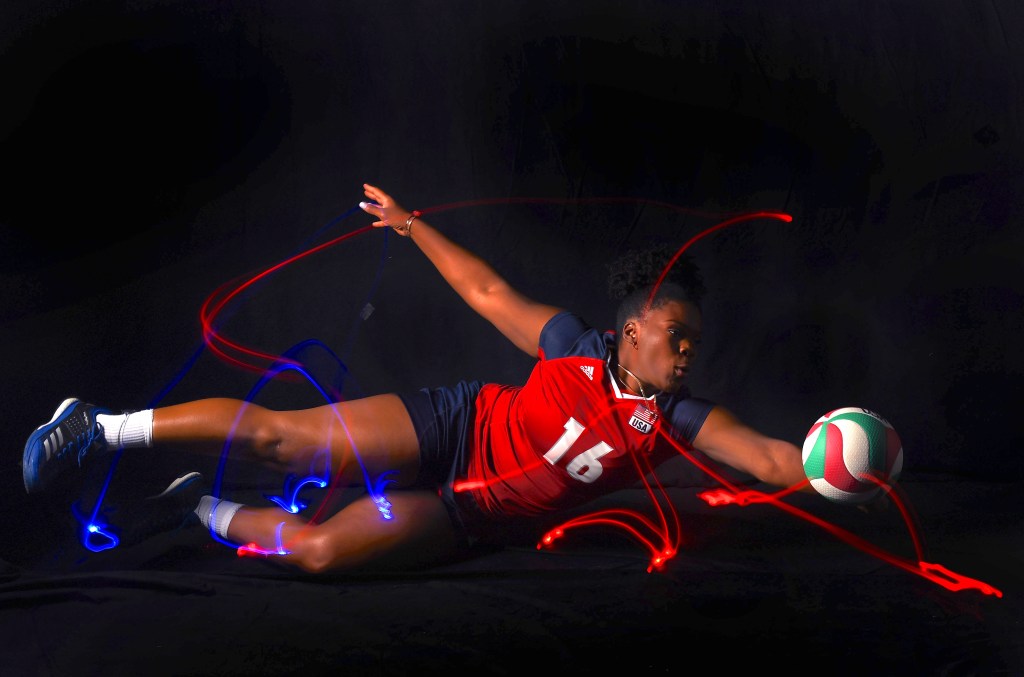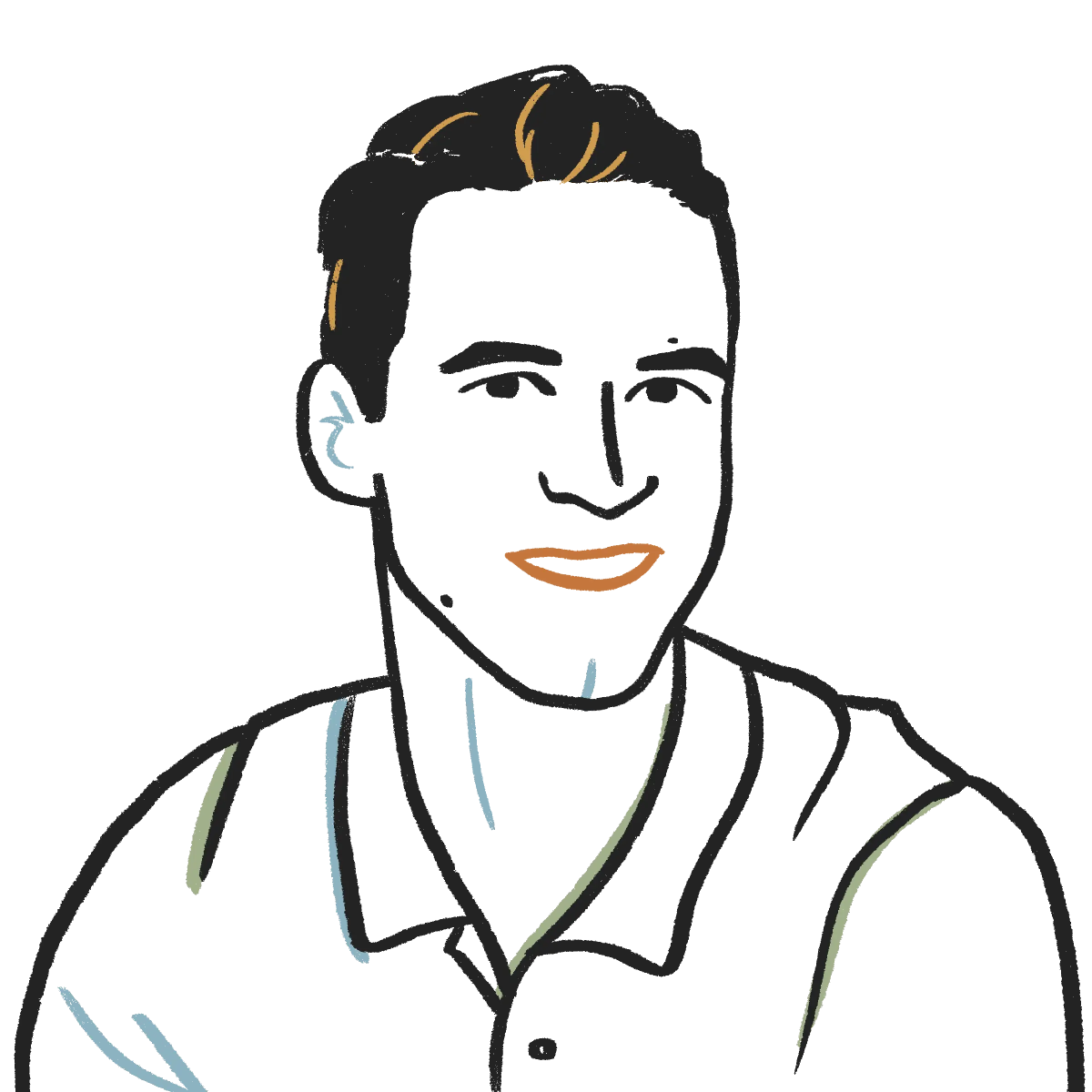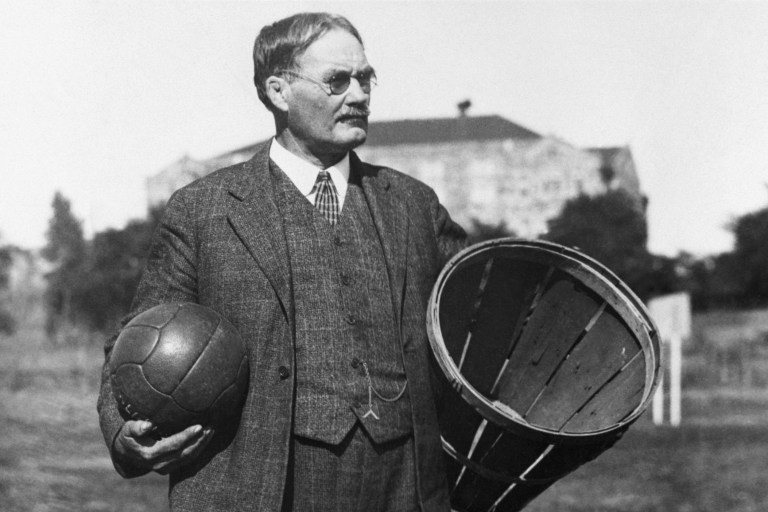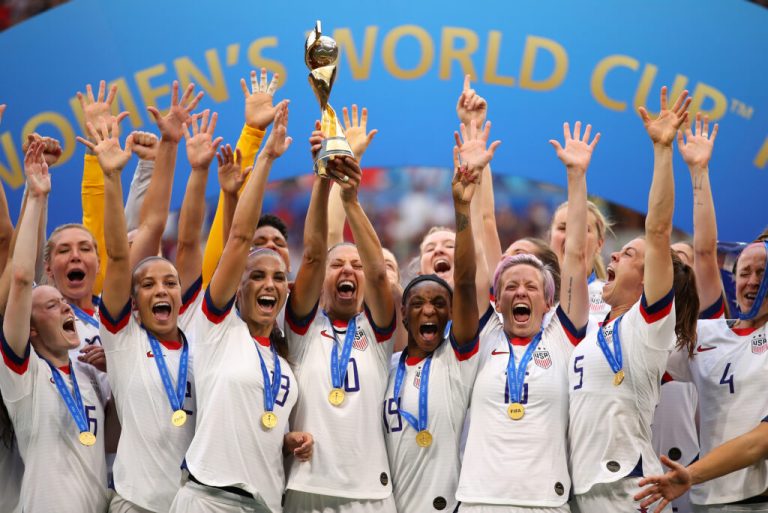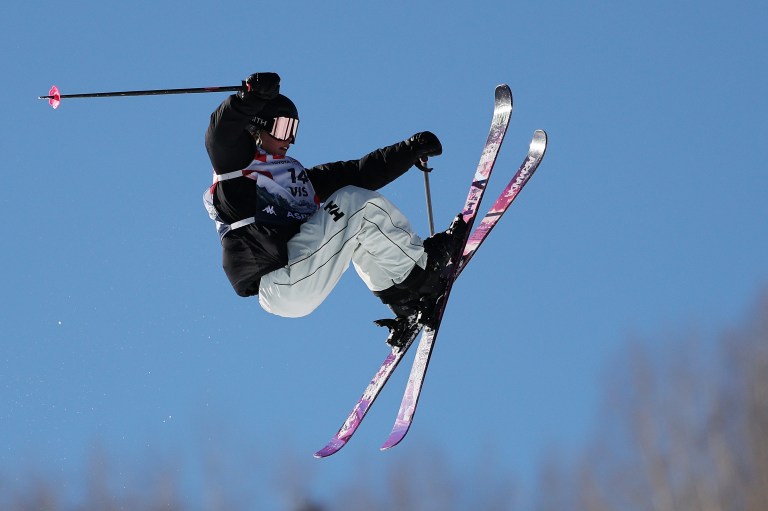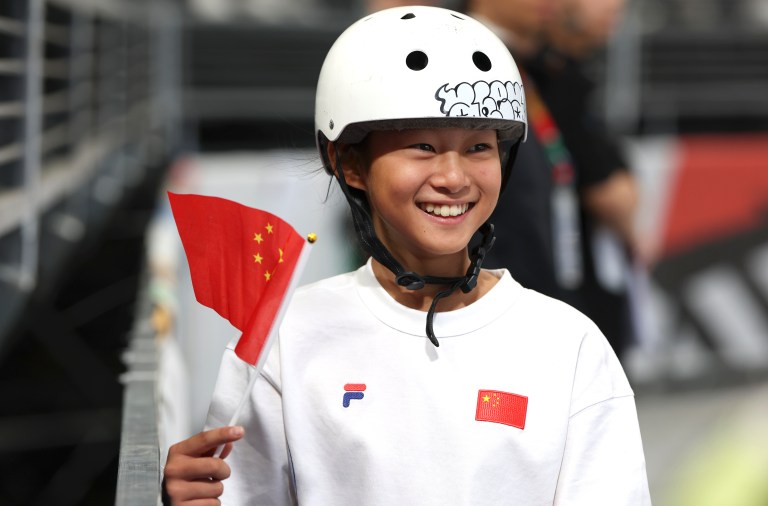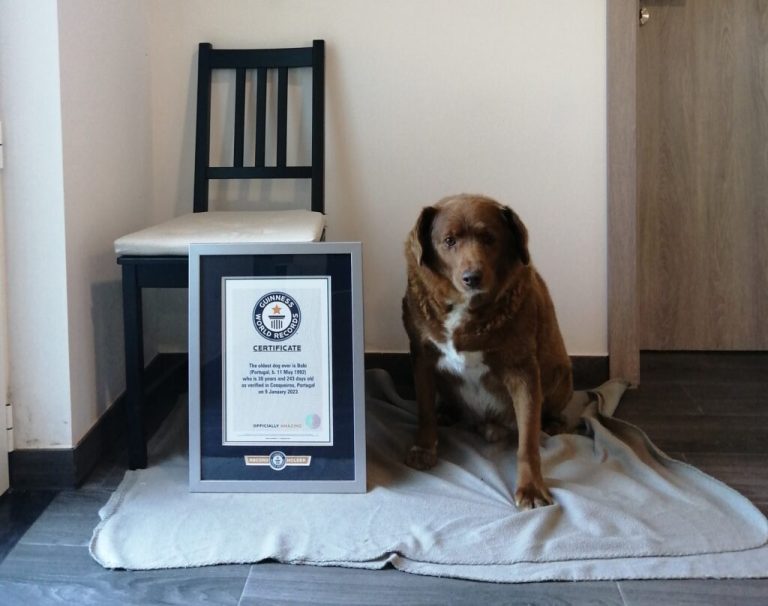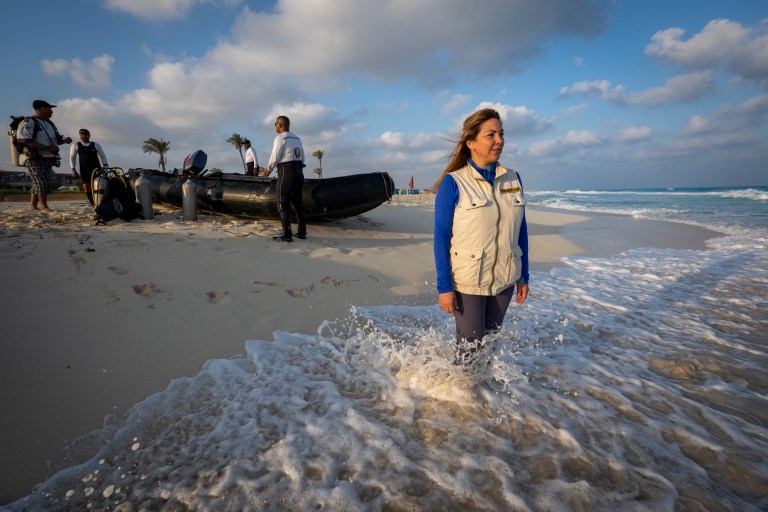In 2021, three days before her team was due to depart for the Tokyo Paralympics, Team USA sitting volleyball star Nicky Nieves had started to feel a bit “off.” She’d vaguely noticed some changes in her body and sense of smell, but chalked it up to her asthma, and the intensity of preparing for the biggest stage for her sport.
At the time, all athletes were required to test daily for COVID-19. But after nearly five years of hard work and dedication to prepare for the Tokyo Games — what would be her second Paralympics after winning gold in Rio — she wasn’t ready to consider what a positive test would mean. Moments after she swabbed that day, the “positive” light started blinking on the battery-powered test; and with that, Nieves saw her dreams of returning to the Paralympics evaporate.
“I remember sobbing,” Nieves, who was born without a left hand, told host AJ McCord on The PowHERful Podcast of having to call her coach to deliver the news, adding, “I was mortified. I didn’t want to tell my teammates, I didn’t want to tell my coach, just because I felt like I was such a disappointment.”
Her COVID diagnosis was shocking not only because of the timing, but also the fact that she’d taken every precaution in the weeks prior so as not to put herself or others at risk before the Games. She’d even skipped her best friend’s bachelorette party, despite being maid of honor.
In Tokyo, the women’s sitting volleyball team would go on to win their second consecutive Paralympic gold medal, undoubtedly strengthened by the leadership, expertise, support, and advocacy that Nieves had brought to the team prior to the match.
Nieves couldn’t bring herself to watch the gold medal match, though, or any of her team’s games in Tokyo. It was too painful. Since then, she’s spoken of the intense grief she experienced from feeling like her dream had been so cruelly snatched away, and balancing the tension of wanting to be the No. 1 cheerleader and supporter for her team, while managing her own disappointment.
But as Nieves would go on to demonstrate, oftentimes, with setbacks comes growth. Already a vocal advocate for mental health, Nieves leaned into therapy, self-discovery, and focused on healing. The trauma of not making it to Tokyo helped Nieves realize how much of her identity was wrapped up in being an athlete.
Her exploration into mental health advocacy and therapy would be so transformative that it inspired Nieves to pursue a M.A. in Clinical Mental Health. Nieves has started to see clients in her clinical internship hours, and says she feels most powerful when working with them one on one.
“Mental health is really, really big in the athlete space, and I feel like a lot of people look at athletes as robots,” she explained on the podcast Flame Bearers. But Nieves decided to do things differently, bringing her full humanity and applying all her mental health revelations and learnings to her sport.
She’s taken on multiple leadership positions to educate others about the issue, serving as a member of the USA Volleyball Board of Directors, as the women’s sitting volleyball representative. She also founded the nonprofit Limitless People Inc. in 2018, with the mission of removing barriers and extending everyone the opportunity to learn and play the sport of volleyball, both sitting and standing.
And she continued to train for Paris. Marking the 2024 Paralympics as her “redemption,” Nieves changed her relationship to the sport of volleyball, learning what it means to play for herself, versus the pressure and expectations of anyone else. “I’ve learned truly that I love to play, but I’m not playing for my coach … I’m playing for my teammates … and then I’m also playing for my family and my friends,” she told Flame Bearers. “It just kind of took off a lot of pressure.”
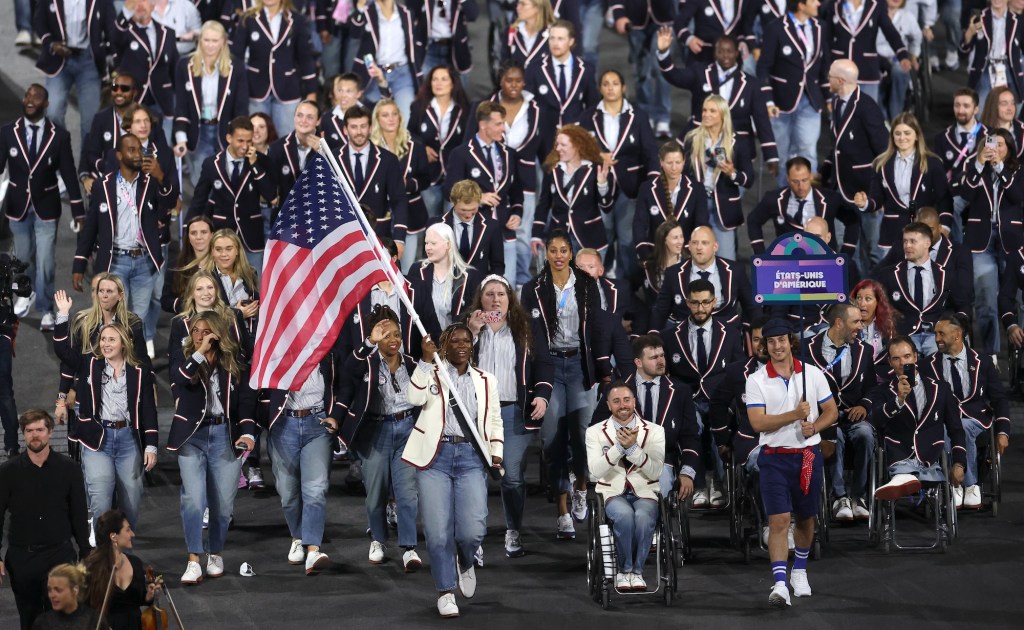
This came with more joy, fearlessness, and confidence, which she’ll bring to the North Paris Arena, where the USA women’s sitting volleyball team is favored for gold. Both women’s sitting volleyball and men’s wheelchair basketball are vying for a highly anticipated “three-peat” gold rush, building on their victories in Rio and Tokyo.
As Nieves explained to Women’s Health, sitting volleyball works like traditional volleyball, except athletes use their butts the same way standing volleyball players use their feet. For example, a player’s bottom has to stay behind the service line when they are serving. And anytime the players come in contact with the ball, their butt must be on the floor.
Nieves challenges anyone who thinks sitting volleyball is easier than its standing counterpart: “Your hips are doing things that they haven’t done before,” she told the outlet, adding that, when people try the sport for the first time, “they’re hurting in places they’ve never hurt before.”
And Nieves is the perfect person to compare the differences between sitting and standing volleyball. Growing up, her parents instilled the belief in her that her limb difference shouldn’t define or hold her back in any way. Nieves ran track, competed as a cheerleader, and played standing volleyball in high school, where she received the Conference Player of the Year honor her senior year. She would go on to play in DII standing volleyball at Queens College.
She began to generate some press and buzz for being a standout collegiate athlete competing with only one hand, which generated mixed emotions. “I want people to be inspired because I’m a great player, not because I have one hand,” she told The PowHERful Podcast.
But it was this visibility that also earned Nieves an invitation to a sitting volleyball camp in Texas. Prior to her invitation, she was not particularly familiar with adaptive sport or the Paralympics. But the camaraderie and emotion she felt being around other limb different athletes immediately welcomed her into the movement.
Nieves described the transformative effect of that first sitting volleyball camp, located at Fort Sam Houston Army Base, to the Ruling Sports podcast.
The only woman surrounded by military veterans and active duty athletes with limb differences, she was stunned by how unapologetic her teammates were about their athleticism and bodies, noting they were “popping off their legs, popping off their arms, and talking so much smack.”
“It was the first time in my life that I felt really foolish for hiding my hand, or thinking that para sport was less than, or just not being myself,” Nieves said. “Sitting volleyball is probably the sole reason why I feel so comfortable with who I am today, because there was no ability for me to hide,” she added, citing the desire to represent people like her as the reason she evolved from hiding to embracing her disability.
And now, Nieves has taken on a leadership position not just on her team, but within Team USA and the broader Paralympic community. She was nominated by her Team USA peers to be one of the flag bearers for the opening ceremony, alongside wheelchair basketball legend Steve Serio.
“We nominated Nicky because she’s spent countless hours on boards, in training, and working to improve Paralympic sport for the next generation of athletes,” said nominating teammate Katie Holloway-Bridge. “Nicky’s energy is electric on the court, but her impact reaches so far beyond that. Her work as an advocate has advanced not only the sport of sitting volleyball, but the entire Paralympic movement.”
Reflecting on the journey from Tokyo heartbreak to redemption in Paris, just moments before leading Team USA in the opening ceremony parade on Wednesday, Nieves basked in the incredible honor of the moment. She told NBC, “None of my hard work and suffering has been in vain.” And with the world’s spotlight on her, she seized an opportunity to further emphasize the importance of mental health and self-care in her preparation for this momentous occasion.
As Nieves says on the Limitless People website, “If I can impact just one life, give at least one individual a good time, a little confidence in the sport and in self, and a memory to last a lifetime, I know I am fulfilling my purpose.”
